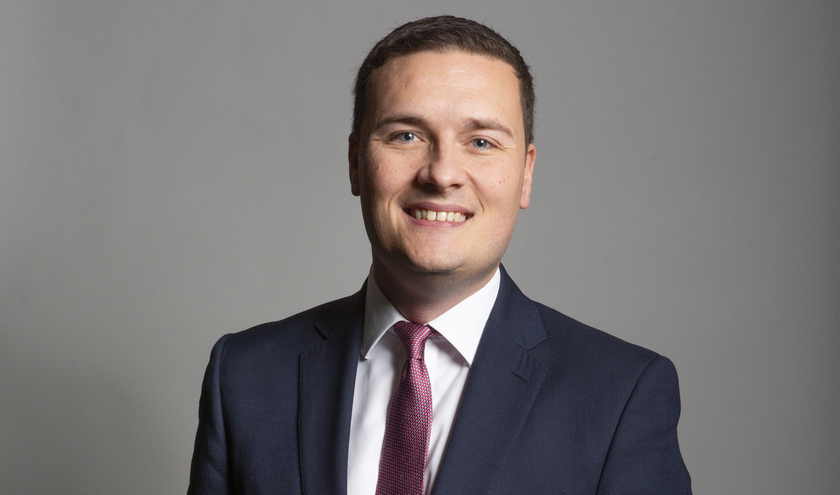Streeting unveiled his plans at the Royal College of GPs annual conference in Liverpool, which will see him and head of NHS England Amanda Pritchard launch a ‘Red Tape Challenge to bulldoze bureaucracy so GPs are freed up to deliver more appointments'.
He said the challenge will be led by GP and primary care medical director for NHS England Dr Claire Fuller and consultant surgeon and NHS England medical director Stella Vig, who have their ‘bulldozers at the ready'.
Streeting urged delegates to ‘tell them what's working well, but more importantly what needs to change. We will listen, act, and solve this problem together'.
He added: ‘Amanda and I will receive the conclusion of this work in the New Year. And NHS England will hold ICBs and trusts to account if they fail to act.'
Streeting also addressed the plans for GPS to start taking collective action from 1 August in response to a funding dispute.
He told the conference: ‘Capping appointments now will only punish patients, and make the road to recovery steeper. Be in no doubt - it is shutting the door on patients. Their care will suffer, receptionists will bear the brunt of their frustration, and the rest of the NHS will be left to pick up the pieces. Worse still, our collective job will be made harder. Collective action really means collective failure.
‘Your message has been received. Not from this one vote, but from all the time I've spent in general practice in the past three years, literally looking over GPs shoulders, seeing what you deal with and the state of the crisis for myself.'
He urged delegates to stand down collective action and instead 'work with a new government that is serious about working with you, to rebuild our NHS together'.
In response, Ruth Rankine, primary care director at the NHS Confederation, said: "GPs and their teams will welcome the recognition from the secretary of state that they are having to balance unnecessary bureaucracy and workload around delivering good patient care. The primary care sector is trying to manage rising demand from patients who often have more complex or multiple conditions while parts of the country do not have enough GPs, and the low financial settlement has left them doing more for less.
‘Our members tell us that integrated patient records across systems and interoperable IT systems are two key ways to reduce the bureaucratic burden on GP surgeries. We recognise there is an opportunity to look at digital solutions to significantly streamline current processes, which is already happening in several parts of the country. Part of this is making it easier for hospitals and GPs to communicate, talk and share information about patients.'
Royal College of General Practitioners Chair Professor Kamila Hawthorne has also welcomed Streeting's plan to cut GP bureaucracy.
Professor Hawthorne said: 'It's encouraging that he is listening and has taken heed of what we have asked for in our manifesto to free up GPs to spend more time with patients through cutting red tape - GPs go into the profession to care for patients, not to fill in forms. Our members say they're spending a third of their time on unnecessary workload and bureaucracy. General practice is the front door of the NHS, but it has faced years of underfunding and neglect and is now seriously struggling.
'The health secretary's commitment to increase the proportion of resources going into primary care has the potential to turn things around, but this can only happen if we work together. Additional resources are needed now in general practice, and the forthcoming Budget will be the ideal opportunity to start delivering this.'
Professor Hawthorne added: 'The college has been clear that we want to see an urgent resolution to the collective action and we urge the Government and the BMA to find a fair resolution that will allow GPs to do their jobs and patients to receive the care they need.'



